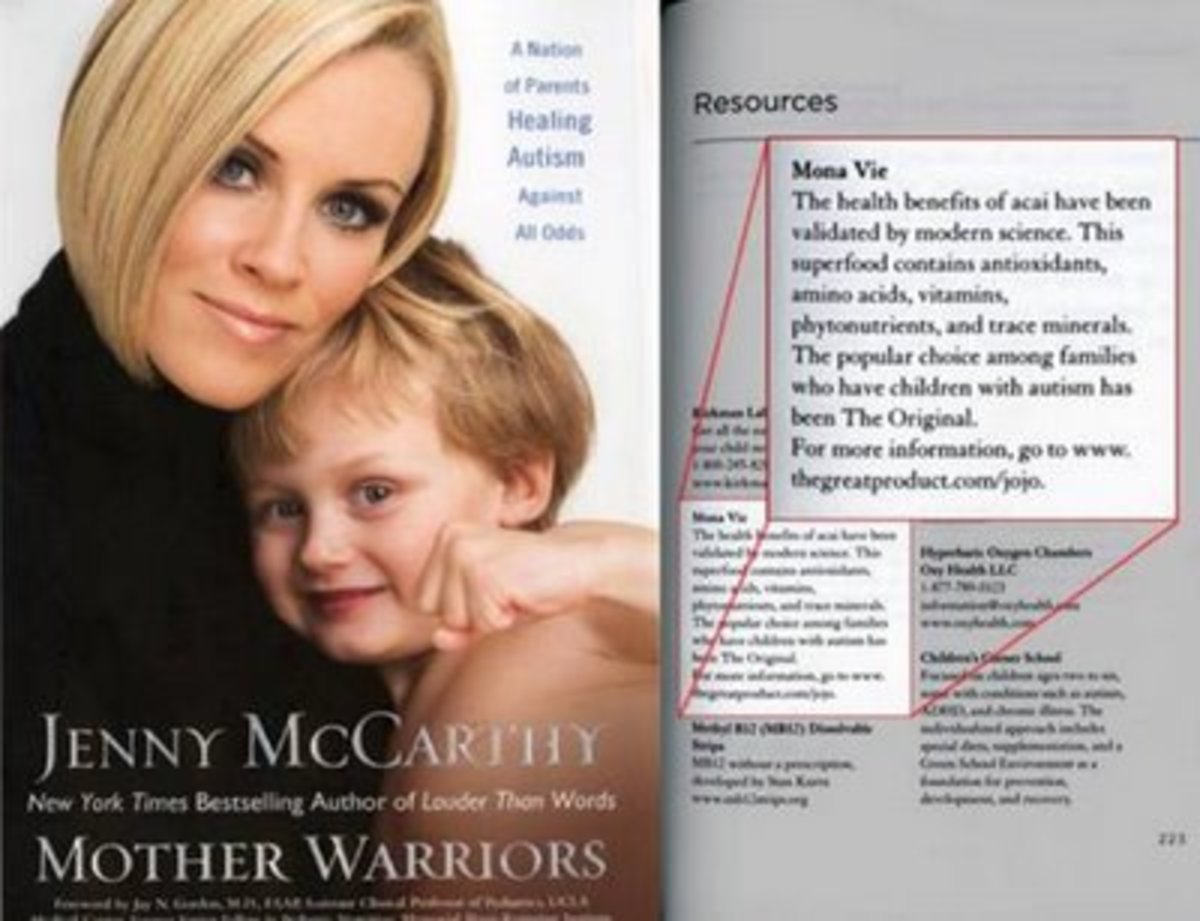Do Vaccines Cause Autism?
The controversy in vaccination is related with ethics, morality, safety and effectiveness of the drug. Contrary to increasing public perception of vaccines as the main cause of autism, scientific evidence with regard to vaccinations indicates that there are many benefits derived from immunizations. Prevention of death and suffering that arise from serious infectious diseases outweigh the consequences of immunization. Opponents of vaccinations have long argued that vaccines are ineffective, dangerous and a violation of religious ethics or individual rights. These perceptions and arguments had some people and communities neglecting the use of vaccination. This has subsequently led to the increased outbreak of infectious diseases that would have otherwise been preventable. This paper is a summary of Heyworth’s (2011) article “Vaccines do not cause Autism” on why the citizens have continued to perceive that vaccination is the cause of increased autism disorders among children.
According to Heyworth (2011), many people in US have a perception that vaccines are the main cause of autism. The author has also in this article explained on what happens when parents refuse to immunize their kids against serious diseases such as rubella, mumps and measles. The rate of vaccination in the America has however, remained to be stable in the last ten years. In fact by 2012, around 76% of children in the state that were aged 19-35 months had passed through all their vaccination shots. However, that is still below the government’s goal of ensuring that at least 80% of children receive vaccination. There are some regions of the country where parents are avoiding immunization of their children, delaying some shots or skipping some of them altogether. Among the issues cited as some of the reasons for doing so includes: philosophical exemptions of state laws that require each child to be vaccinated before beginning schooling and religious principles. This has consequently led to the increased outbreak of serious infectious diseases.
Majority of these diseases which includes: pertussis, mumps, whooping cough measles, and haemophilus influenzae had been virtually cleared out by these vaccines. However, the standpoint with regard to immunization has been with regard to increased perceptions that vaccinations are the main cause of autism among children. There are many parents in US who are convinced that vaccination is harmful to their kids (Though this aspect has no scientific basis). From their concerns, autism happens to be the main cause of worry for most of such parents. The perception is also related with the issue that at present, children now get twice the number of vaccines they used to get some twenty years ago. In addition, these kids can receive more than 20 injections just in their first birthday. According to such parents, the increased vaccination and injections is among other factors to blame for increased rate of autism disorder in these children.
The strong public perception that vaccines do cause autism according to Heyworth, are fuelled by some unproved findings from some researchers. For instance, a gastroenterologist from Britain, Wakefield Rew presented in the Lancet, a study of 12 children which related rubella, measles, mumps and vaccine combinations with intestinal problems which he believed resulted into autism disorder. It was just the following year after the release of such results when the AAP conducted public awareness that most vaccines offered to children contained thimerosal, a mercury preservative. Though the warnings did not link the preservative to Autism directly, it claimed that the presence of thimerosal in the vaccines theoretically led to the children being exposed to a neurotoxin and autism above the safe limits. Further, there were also recommendations that the preservatives be removed from the vaccine components. The hypothesis in the vaccine and autism link was further strengthened and led to the increased public perception against vaccination when a popular actress McCarthy Jenny went public that it was vaccines which caused autism on her son. She vividly pointed out at the Opra Winfrey Show the heartbreaking detail of her son’s demise from autism. McCarthy’s incident led to anxiety among the public concerning the effects of vaccines to kids.
Ever since Wakefield Andrew introduced his infamous study back in 1998, the controversy surrounding vaccine -autism has been growing. However, though scientists have worked hard to find the relation of autism to childhood vaccination, they have not been able to find any of such links. This has made Wakefieled research to be retracted. The vaccine-autism debate is an illustration that public health programs are mostly underlined by reliance on scientific opinions. However, what is most forgotten in this case is the fact that scientific opinions may not be an effective strategy to persuading the public. As Heyworth continues to articulate, the scientific and political mismanagement of the conflict between the vaccination and autism perceptions as well as a refusal to acknowledge the social context of the circumstances have created more conflicts in this arena. In addition to these, it has also created a potency which is far beyond what scientific opinions could guarantee.








